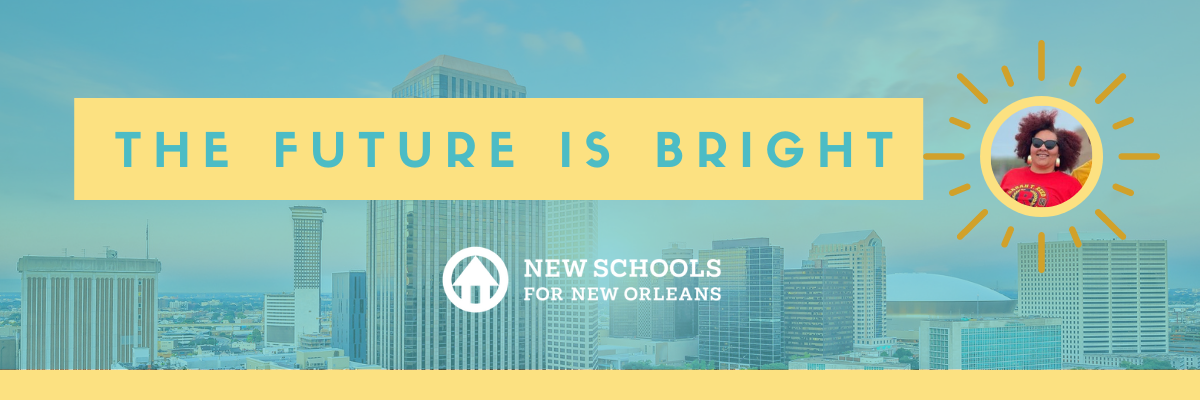This is the first piece in NSNO’s new series, “The Future is Bright”. We are profiling incredible educators from across our community. They are helping our students build brighter futures through the work they do each day, and their leadership creates a brighter future for our schools and our city.
Many of these educators are connected through NSNO-led programs, and they look ahead to great work as:
- classroom educators (The New Orleans Teacher Community),
- principals (The Principal Collaborative and the Novice Leader Academy), and
- system-level leaders (E3 Fellowship).
Some share a school building, a network, or a mentor. All of them are united in their purpose to give our students the best possible education, and in so doing, build a brighter future for our children and for us all.
Today, we profile Ashley Daniels-Hall, CEO of Einstein Charter Schools.
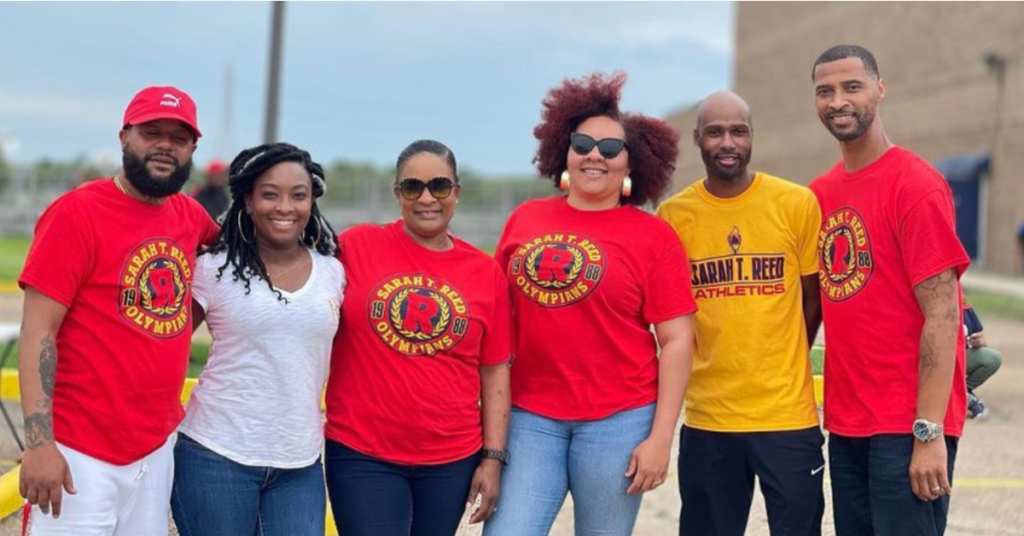
Ashley Daniels-Hall began her education career as a first grade teacher in Jefferson Parish. Today, she’s the CEO of Einstein Charter Schools. When she thinks about the leader she wants to be, she takes lessons from her time in the classroom.
“I think about how much joy I wanted my kids to have…I wanted them to know how they are empowered by reading, how it’s so uplifting and allows them to make their own choices later in life,” she explains.
“And that leads me to think, what would a CEO who supported that have looked like for me as a first grade teacher? Someone who really created…the conditions for a collaborative space focused on joy, social-emotional learning, and high expectations.”
Daniels-Hall has translated this vision into action. To create those joyful, empowering, effective classrooms, she’s thinking about what teachers need.
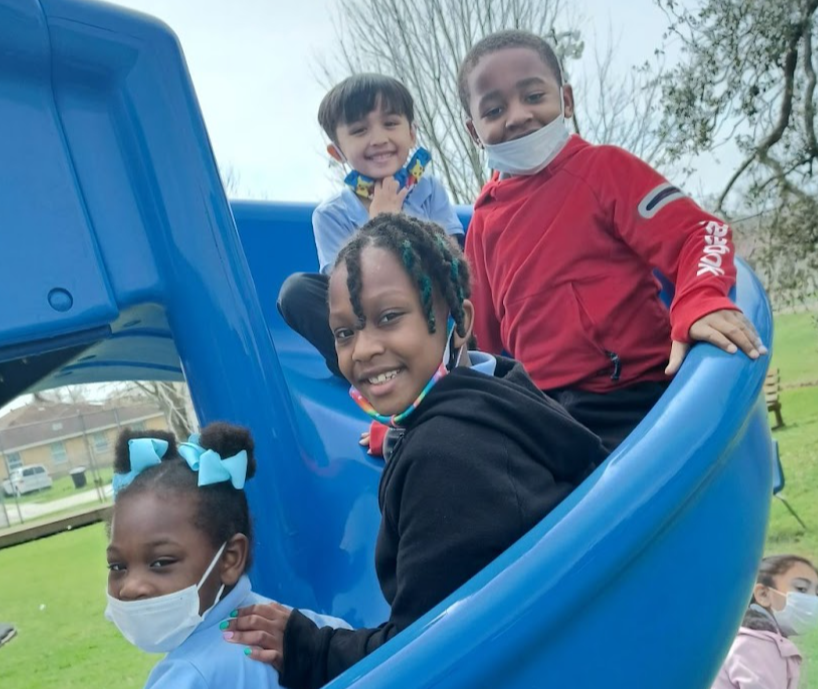
She’s created a cohort aimed at supporting Einstein teachers in their own social-emotional wellness. She hopes it will help great teachers thrive, and develop a sustainable practice that helps them build long careers as educators.
“We need to make sure that our teachers are well,” she explains.
This year, fifty teachers are participating in the social-emotional learning (SEL) cohort. If the program goes well, Daniels-Hall plans to expand the practices across all four schools in Einstein’s network: Sarah T. Reed High School, Village de l’Est Elementary School, Einstein Middle School, and Sherwood Forest Elementary School.
She believes that teachers deserve wellness in what can be a rigorous and exhausting field. She also feels this program will ultimately serve students. Well-supported teachers are more likely to stay in the classroom, and when they feel holistically cared for, they’re more able to bring care to their children.
Daniels-Hall feels this is critical, as many of her students face challenges outside of school that they bring with them to the classroom.
“So many of our children live in daily unrest that they don’t really know what safety or a true calm of spirit feels like,” she says.
Daniels-Hall says that teachers are often the first ones in a school to sense that a child is struggling. They’re also often the first ones to be asked to help. As they teach children academic content and build a strong classroom culture, they’re often asked to also serve as a listening ear and connect children to resources.
“With that SEL cohort, we’re thinking about how do we really build teachers up to be able to pour into themselves, to allow us to pour into them, so that they have the energy to pour into these children? You cannot pour from an empty tank.”
Daniels-Hall has also invested in hiring “strong, qualified, enthusiastic, committed social workers who have foresight and seek to problem solve.”
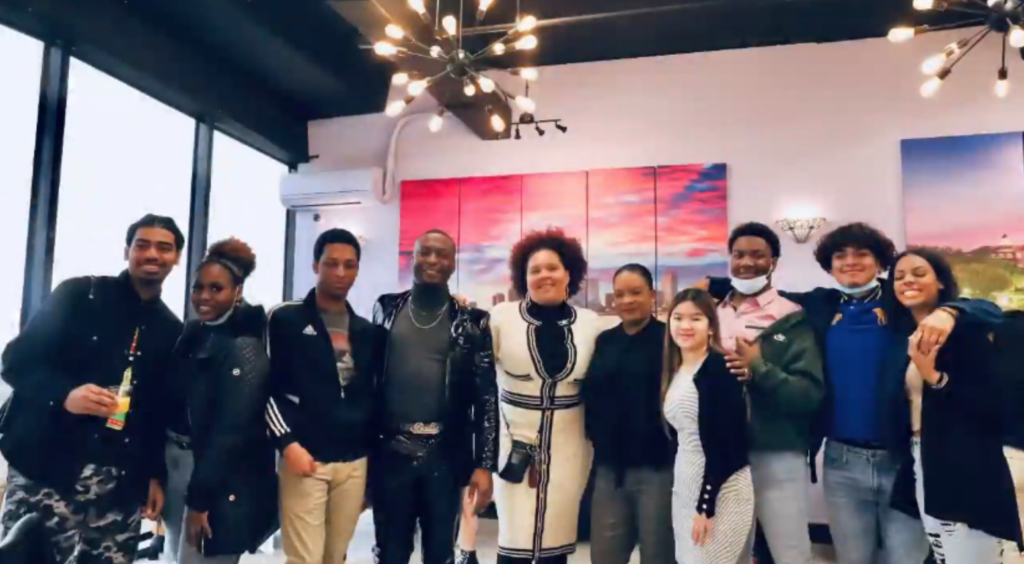
“The most beneficial thing has been empowering our school social workers to work collectively as a team,” she says. “Having that open door where they constantly share needs, and look to principals and school leaders to help them problem solve and meet the needs of teachers and students.”
Daniels-Hall feels that with these pieces in place, students are better set up to learn. Though teachers work hard to help students meet state academic standards, some academic metrics demonstrate more than knowledge alone.
“Test scores can be indicative of a child’s wellness,” she explains.
For her, it’s clear that wellness and academics need to go hand in hand. When a school or network acts on this, they help students grow into future leaders who are able to find balance and sustainability in their hard work.
Daniels-Hall felt this personally as a student at Eleanor McMain Secondary School. She made strong friendships there that persist to this day, and she felt she had opportunities to grow as a person, beyond her academic strengths.
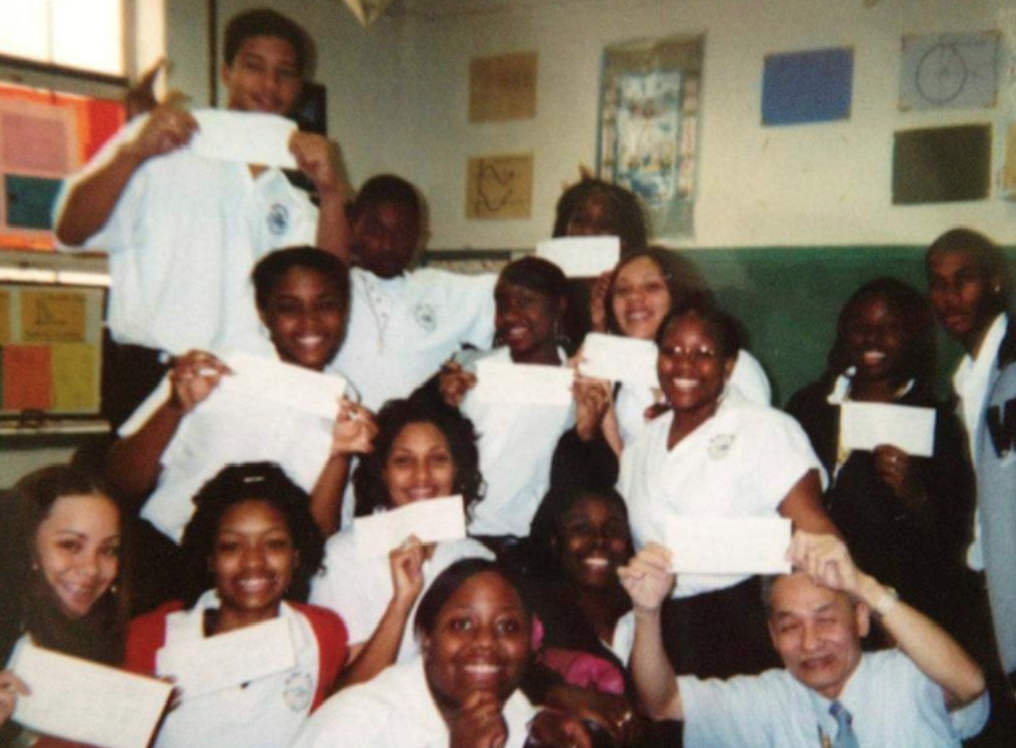
Today, Daniels-Hall pursues avenues for her own wellness and support, too. The E3 program offered by New Schools for New Orleans has been a big part of this for her. The E3 cohort is a small group of network leaders and aspiring network leaders across the city. They meet as a group for social and professional development sessions, and receive individualized coaching and support.
For Daniels-Hall, it’s been essential. She explains that the strength of E3 goes beyond the programming. The relationships are key.
“We are all in either school leader, or chief-level positions, and we can lean on each other in those times where imposter syndrome kicks in. Or you literally just need someone to help you with a mental load to figure the next thing out. It’s invaluable,” she says.
As Daniels-Hall does this hard work, she’s motivated by the moments in which she sees her students grow empowered, like her first graders when they learned to read.
These are personal victories for her. Daniels-Hall chose to work for Einstein Schools in part because they’re in New Orleans East, where she lives and grew up. When she sees a child learn to read, she thinks about the opportunities that open up before them, and the leaders they can be in their community.
“There’s nothing greater than seeing the power of a small child who is able to read,” she says.
When students harness that power, all of our futures grow brighter.
